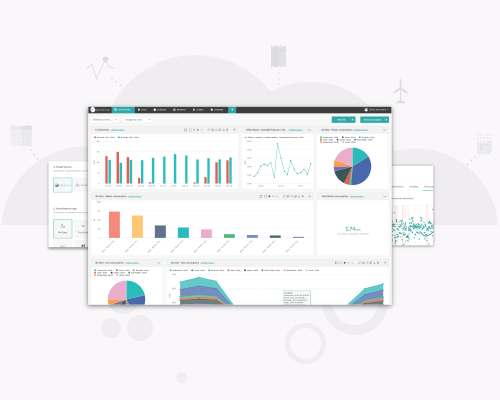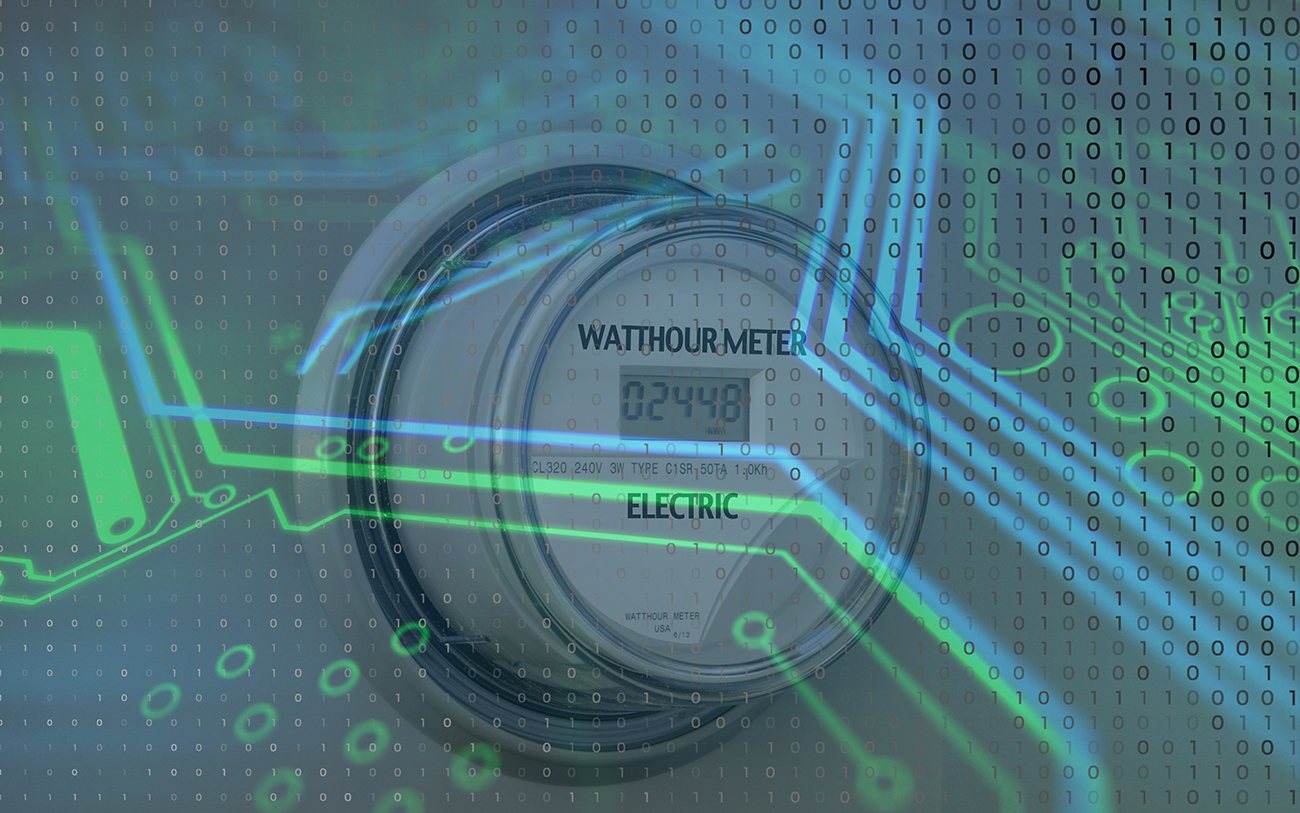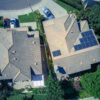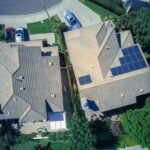How will smart meters impact the energy transition tomorrow?
By the end of 2027, the smart meter will have replaced the traditional meter in 80% of households, following the adoption of the Energy Strategy 2050 5 years ago. But how smart are these new meters and how will they change our daily lives?
Optimized use of the network and energy savings for the end customer thanks to real-time access to his consumption, these are the arguments put forward in 2017 to anchor in the law (LApEI) the introduction of this new type of meters. The smart meter participates in the dematerialization of the energy market, whose future will be dictated by fragmented models that constitute micro-networks or microgrids.
But how can we optimize the use of the network when the consumer has also become a producer, in particular through photovoltaics, and when the network capacity is limited? To meet these challenges, it is not enough to collect the data available in real time; we must be able to value it. And this requires innovative IT tools that integrate this notion of intelligence.Imagine a digital tool allowing you to minimize your costs by predicting and automatically controlling the production of your solar panels, according to the weather, the price of energy and the consumption of your neighbors. Self-consumers are waiting for this, knowing that today 1 kWh produced by a private individual can be sold only 8 cts to the network, while this same kWh costs him 18 cts if he buys it from an electricity supplier.
Examples of applications are not limited to energy saving or better use of the network. The combination of smart meters, digital tools and artificial intelligence makes it possible to go further in the valorization of data, whether for the optimization of production, consumption or the evolution of energy prices. The exploitation of smart meter data will lead to new services, also through a multi-fluid approach. Detection of anomalies, smart maintenance of installations, fall detection for the elderly, automatic filling of swimming pools according to the weather, the potential is enormous and still to be discovered. Finally, the use of these data will allow us to adequately support the integration of electric mobility into the lives of households, by optimizing the charge and making the best use of battery capacity.

In order to be able to offer digital solutions to meet these challenges and be fully involved in this energy transition, Softcom approached the Belgian company Opinum. The latter offers a data hub dedicated to energy, which constitutes the core of an ecosystem that enables large amounts of data relating to energy production and expenditure (water, gas, electricity, etc.) of buildings and industrial sites to be exploited and valorized in a secure, centralized and automated way. As an official integrator of the Opinum Data Hub for Switzerland, Softcom has a solid foundation to help energy players develop smart solutions for the future.

Our mission, at Softcom, is to offer you a complete range of high-tech services to help you stand out in the market liberalisation, the energy transition and the valorisation of your data.
It is with this in mind that we have entered into a partnership with Opinum by becoming the official Data Hub integrator for Switzerland.
Smart metering
Smart meters are becoming the norm. Softcom brings its solutions in the integration, storage, management and valorization of the collected data.












